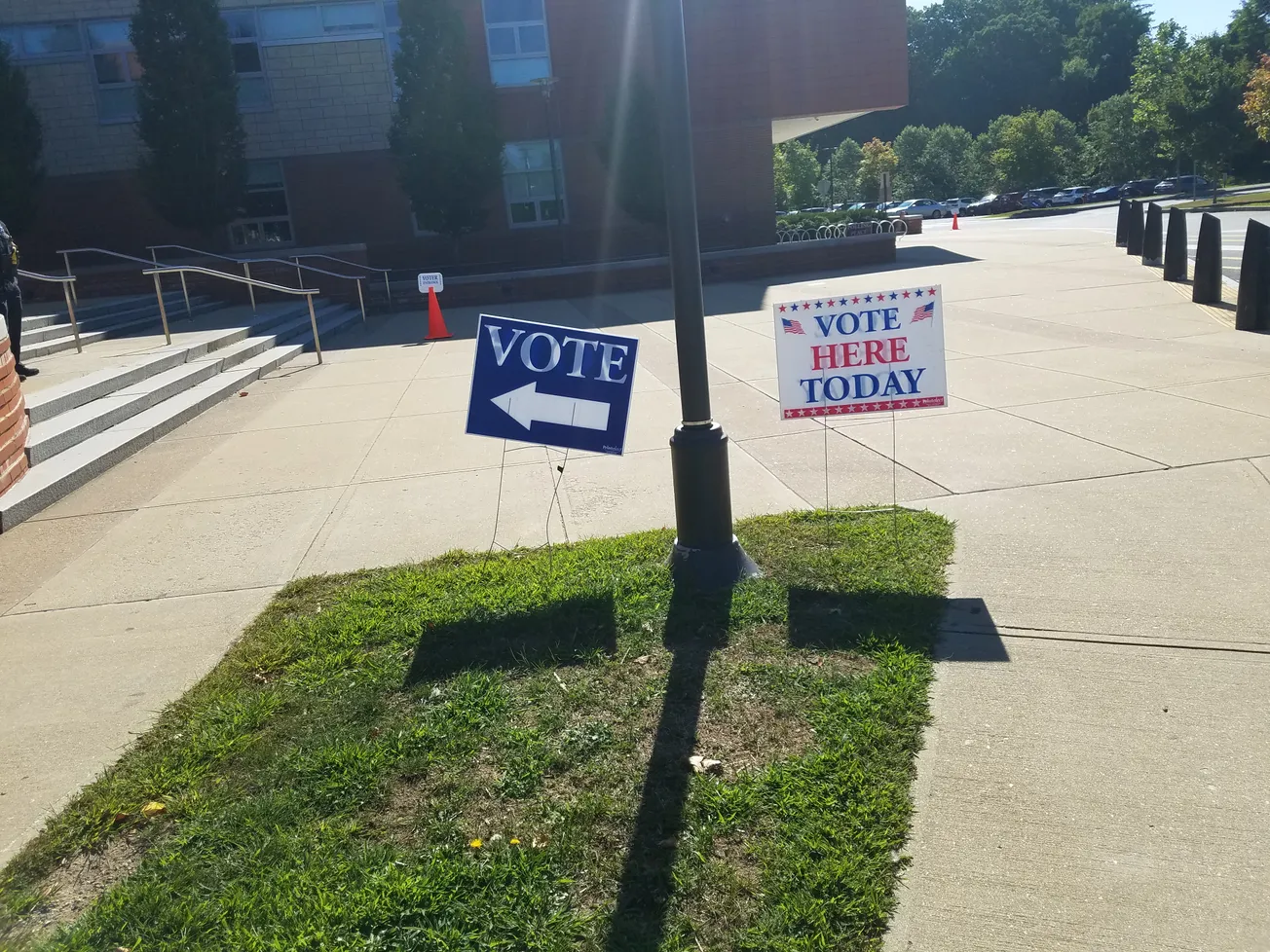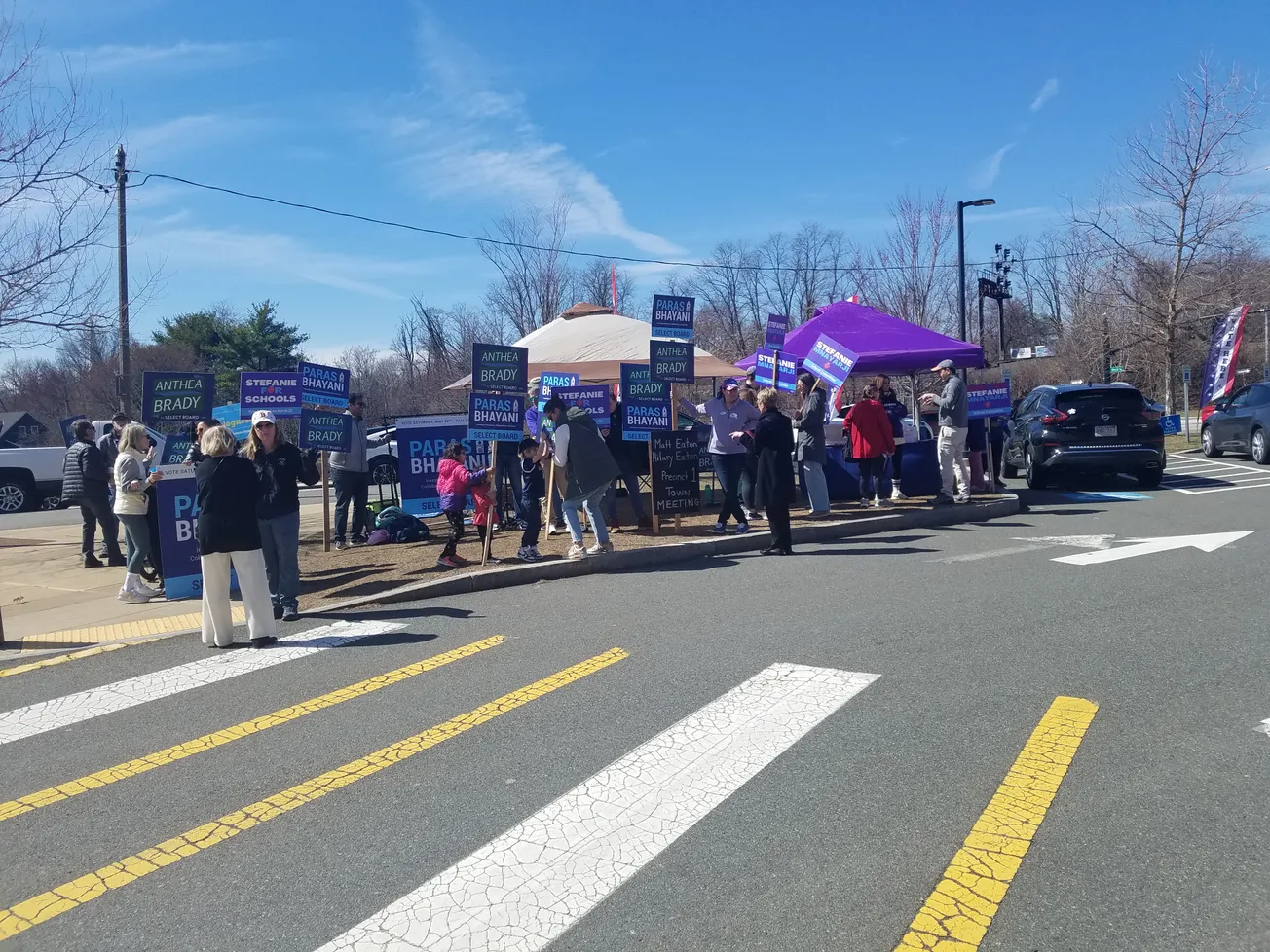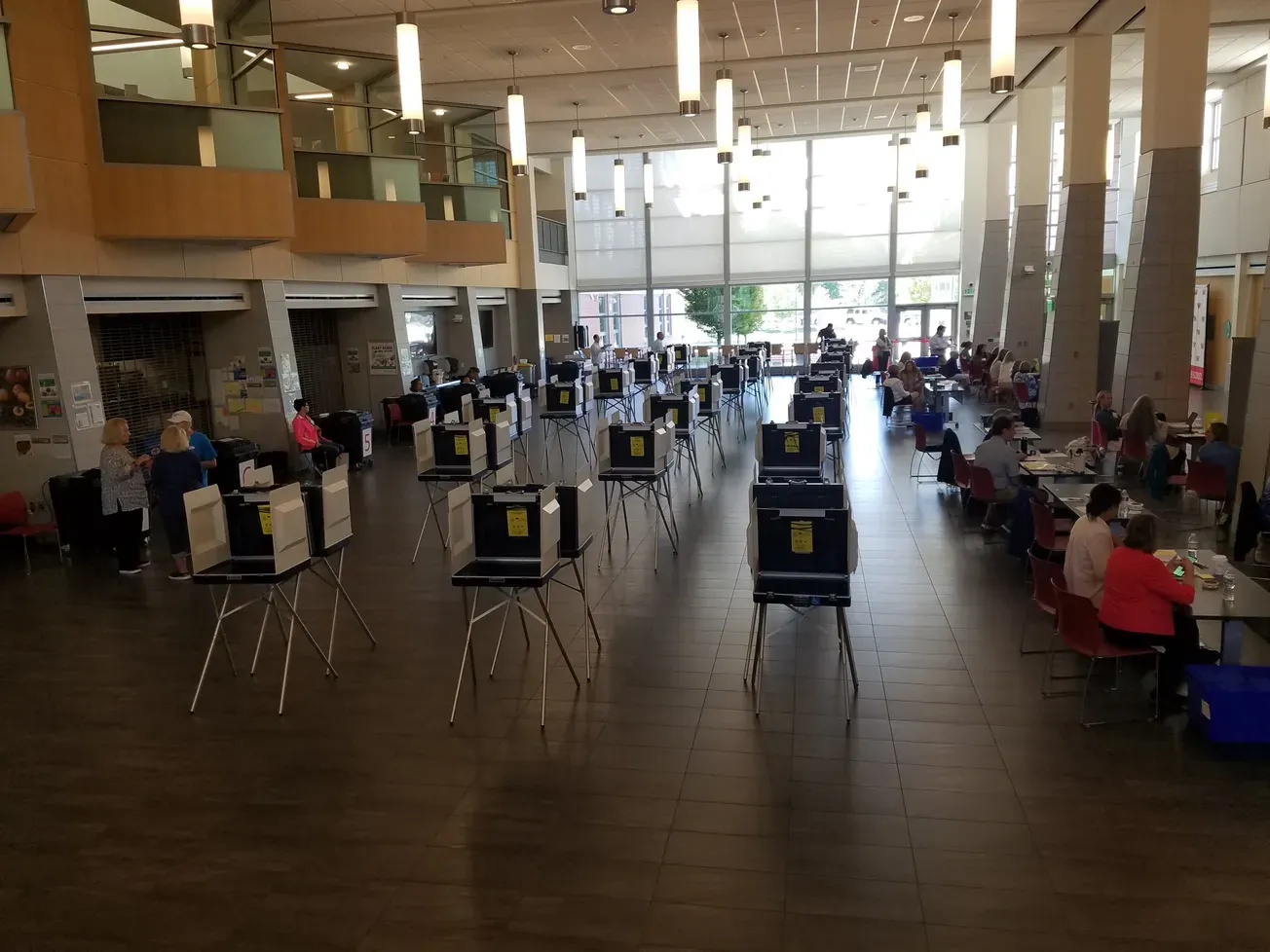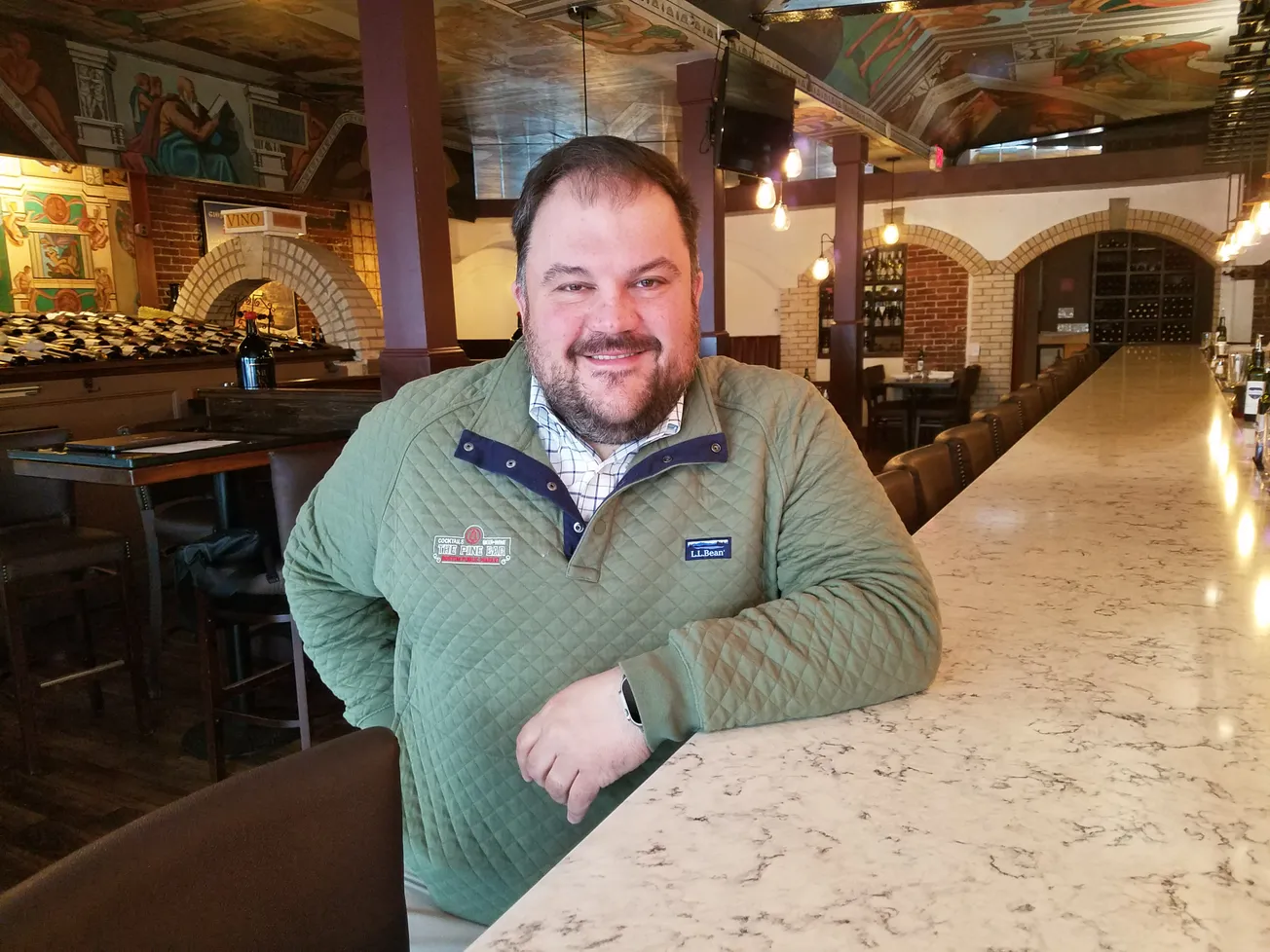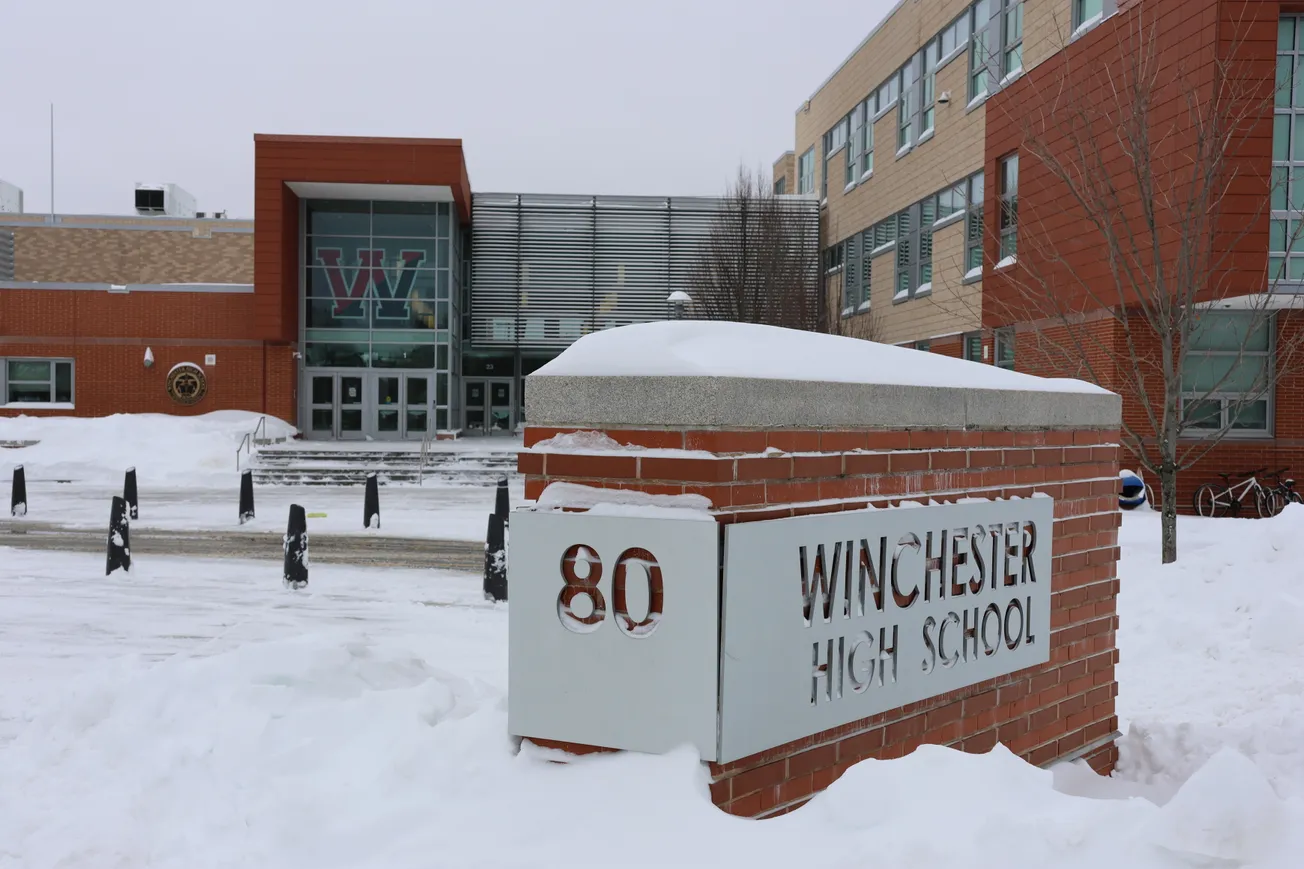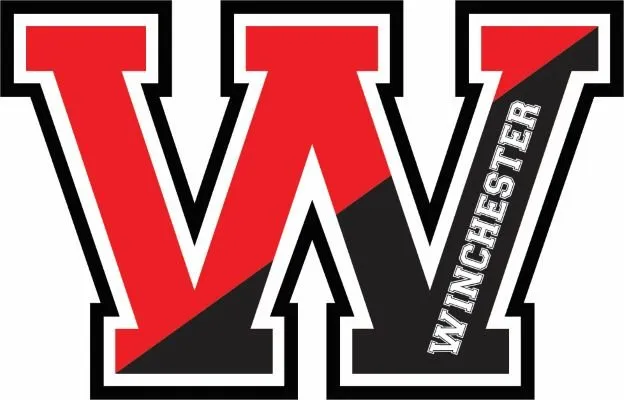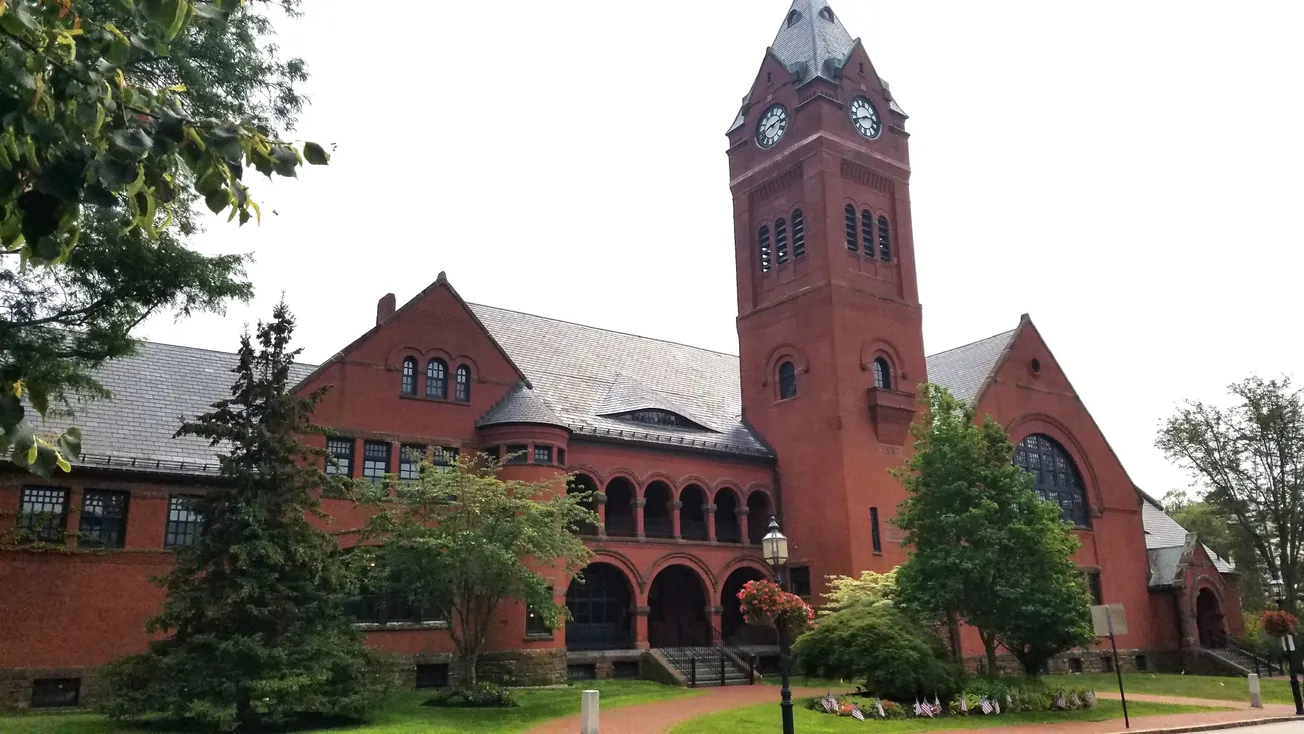Table of Contents
How many years have you lived in Winchester? Five years. My wife and I live here with our two young daughters. We were drawn here by the town's schools, natural beauty and reputation as a close-knit community. I am excited to help strengthen the town we intend to call home for decades to come.
Please describe your professional background and education. I bring considerable public and private sector financial expertise to Winchester, along with a collaborative approach to problem-solving. I have substantial experience in corporate finance and business strategy, including as a private equity investor and corporate strategist at the world's largest asset manager and at a top-tier consulting firm. Before my private sector career, I spent several years in the public sector, including as the head of a $1.7 billion operating and capital budget for the city of Chicago's transit authority, gaining substantial experience with operating budgets, labor agreements, pension finance, rating agencies and municipal bond issuances, among other topics. I received my undergraduate degree from Harvard College and Master of Business Administration from Harvard Business School with distinction.
What Winchester town positions (appointed or elected) have you held, and for how long? During my time in Winchester, I have been extensively involved in education issues as a founding member of the early literacy focused Winchester Literacy Initiative for Change, which is a parent-led group focused on strengthening Winchester Public Schools' early literacy curriculum. At the state level, I am a past board member of the Massachusetts Sierra Club, serve on the Massachusetts board of OneGoal and have been involved in Massachusetts' Early College efforts at a policy and strategy level.
What are the primary issues motivating your candidacy? The select board's job is to serve as good stewards of Winchester--for our residents today and for the next generation. This means focusing on four key areas: managing town & schools funding in a responsible, balanced manner; tackling our large backlog of capital projects; increasing access to infill housing of all types; driving economic development in the town; and strengthening our excellent efforts on climate and sustainability.
Select Board-specific questions
Given Winchester's $2.89 million structural deficit, what specific measures would you propose while maintaining essential services?
We have a challenging budget situation before us, and we will need a combination of carefully considered efficiencies and new revenue to balance the budget while protecting our fiscal health and stellar credit ratings.
I will work with the town manager and other board members to find efficiencies where possible, including areas where we can use off-the-shelf technology to automate processes, expand the use of strategic and joint purchasing to achieve better rates for large cost categories and better utilize town assets to generate income.
At the same time, the 2019 override was designed to last four years and it has lasted six years already. With inflation far above the Proposition 2½ cap during that time, we will likely need additional revenue to meet the town and WPS' operating and capital needs.
What is your comprehensive vision for affordable housing in Winchester, particularly regarding the 160 Forest Street development? Winchester has started to make progress on housing development, which is critical to addressing our affordability crisis. As a general matter, I am in favor of thoughtful infill developments on the limited space we have available. Collaborative, proactive planning to create a pipeline of well-designed infill projects can also help us forestall hostile 40Bs.
I support projects like the "friendly" development on Cross Street. We should also complete projects like Washington & Swanton, where the town has already invested $5.3 million, and which will provide over 100 units on land that is already developed, underutilized and near transit. I would focus on redevelopment of already developed land and avoid development on wooded land and other open space. The project at 160 Forest Street could become a model for small-scale, collaborative, community-led affordable housing development, converting a single family, market rate home to one or two affordable units, if the house is renovated with an ADU.
I also believe Winchester responded thoughtfully to the MBTA Communities Act. The adopted plan complies with state law and allows for infill housing in the best place to build: adjacent to our transit assets and town center.
What specific initiatives would you propose to expand Winchester's commercial tax base and enhance economic development in the town center?
I would focus on initiatives to encourage small business growth, including:
—Prioritizing mixed-use development in the center and corridors like North Main Street, which drives footfall and vibrancy
—Agreeing on parking solutions like adding spaces through "re-striping" the roadways where possible and encouraging workable compromises on topics like outdoor dining that balance the needs of restaurants and merchants
—Working with town staff to implement technology solutions to digitize and streamline approvals, permits, applications and other processes to make Winchester an easier place to open, operate and grow a business
—Maintaining the present real estate classification system to not shift the burden to our small commercial base
Have questions for Bhayani? Contact him at parasforwinchester.com or parasforwinchester@gmail.com.


